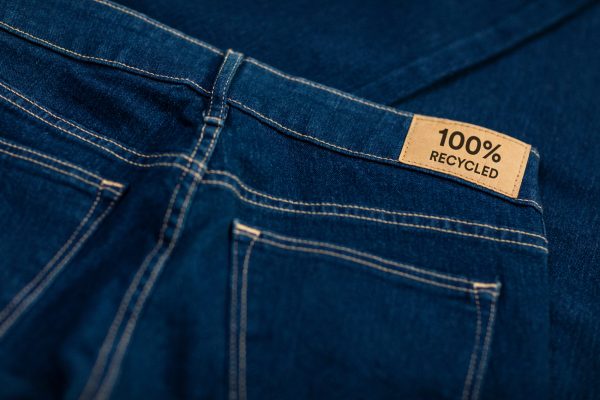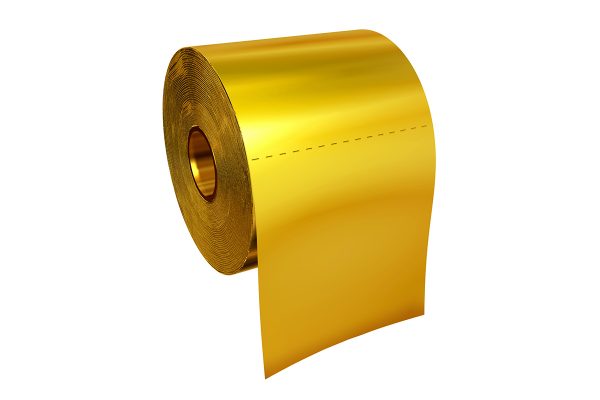This week at Tamebay HQ we received a rather interesting email forwarded from a seller, asking him to agree to an increased selling price for his products. This is in direct contravention of Competition and Markets Authority (CMA) guidelines.
The email basically stated that a couple of sellers had already raised their prices to a set level and they were pretty sure if this seller also raised his price then the final competitor would follow suit. Naturally the Tamebay reader isn’t the slightest bit interested in being involved in a pricing cartel, but it’s a dangerous game to play. Discussing and agreeing price levels with competitors is illegal, and can result in serious penalties.
In 2016 an Amazon seller was fined £163,371 for colluding with a competitor to fix prices. The CMA is committed to tackling such anti-competitive behaviour, which jeopardises online markets and consumer trust in ecommerce.
You may think that you’re a small business and agreeing to a set price doesn’t really harm anyone, but the CMA disagree and specifically target small businesses selling on marketplaces. They have published Price-fixing: guidance for online sellers to highlight the issues.
- Agree with their competitors what prices they will charge, or that they won’t undercut each other on price
- Discuss their pricing intentions or strategies with competitors
If you are contacted by a competitor with the suggestion that you enter into a price fixing agreement, the best advice we can give you is to forward the email to the CMA at [email protected] or call them on 0800 085 1664. While it might seem a perfectly harmless way to increase margins, the CMA take a very dim view of price fixing and will prosecute with hefty fine for those involved.
If you are already involved in a pricing cartel and have agreed with competitors to sell at a set prices, the best advice is to report yourself to the CMA before someone else does. In the case of the seller mentioned above, their price fixing partner received immunity from fines by reporting the cartel to the CMA and co-operating with the CMA’s investigation in accordance with the CMA’s leniency policy. Generally, the first cartel member to report and provide evidence of a cartel will be granted total immunity from fines and criminal prosecution, provided the CMA is not already investigating the cartel.









